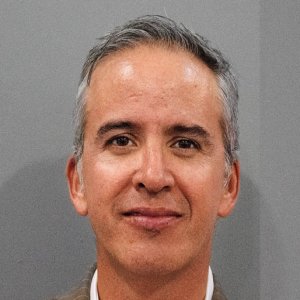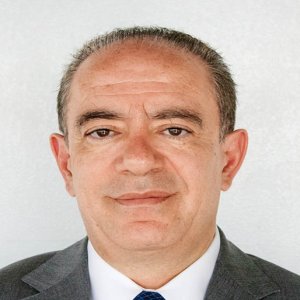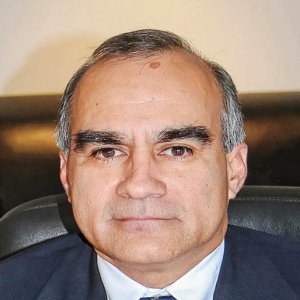Social Consciousness to Attract Funding
STORY INLINE POST
Mining projects are investment-heavy and many companies reach the startup stage and find they require extensive investment to carry on. The operator can reach out to consortiums of banks, such as the World Bank’s private funding arm IFC, for a loan. But because banks want to ensure the viability of their investments, they impose strict terms on the funds, including conditions related to the social and environmental practices of the operators.
Adrián Juarez, Director of the environmental and social consultancy company CTA says that operators are expected to comply with strict regulations for the duration of the loan or risk forfeiting further funds. “Banks require projects to be viable and profitable but they also need to have high levels of environmental and social stewardship,” he says. “This prevents the risk of toxic spills, protests, strikes or litigation, which in turn protects the bank’s investment.” Banks, he says, must be extremely demanding because if problems arise, the fingers immediately point to the financing source as the problem.
CTA works with clients to provide guidance on how to comply with these loan terms. The difficulty in adopting these best practices depends on the point at which an operator requests funding, according to Juarez. “Some mines start up without a loan, having already acquired the permits,” he says. “Problems arise when they are asked to carry out additional social and environmental work as a condition of the funding. They have already made production commitments and at this point must make readjustments, which can be problematic for them.”
Although many of Mexico’s mining regulations are comprehensive, others are outdated and no longer relevant. “The regulations that were put in place years ago should now be the tip of the iceberg in terms of responsibility," Juárez says. Twenty-five years ago, when the legislation was drafted, less was known about the significance of concentrations of metals like arsenic in water in soil. As a result, Mexican laboratories now adhere to standards that dictate that arsenic levels must be less than one part per million (ppm). But now, as more knowledge is gathered, scientists agree that more than 0.1ppm of arsenic can be toxic. “This specific legislation limits the scope of laboratory analysis because it mandates how it should be carried out with no leeway,” says Juarez. “Now many companies need to send samples to laboratories outside Mexico for accurate analysis.”























